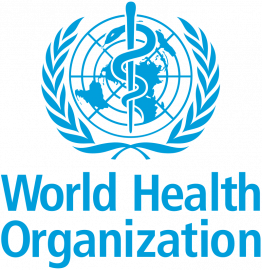
Following a series of consultations with global experts, the World Health Organisation (WHO) announced on Monday that it will now use a new preferred term “mpox” as a synonym for monkeypox.
According to a WHO statement, both names will be used simultaneously for one year, while “monkeypox” is phased out.
“When the outbreak of monkeypox expanded earlier this year, racist and stigmatising language online, other settings and in some communities was observed and reported to WHO.
“In several meetings, public and private, a number of individuals and countries raised concerns and asked WHO to propose a way forward to change the name.”
The agency explained that assigning names to new and existing diseases is the responsibility of the WHO under the International Classification of Diseases (ICD), and the WHO Family of International Health-Related Classifications through a consultative process, which includes Member States.
“WHO, in accordance with the ICD update process, held consultations to gather views from a range of experts, as well as countries and the general public, who were invited to submit suggestions for new names.”
Based on these consultations and further discussions with WHO Director-General, Dr Tedros Adhanom Ghebreyesus, the organisation has recommended the adoption of the new synonym "mpox" in English for the disease.
“Mpox will become a preferred term, replacing monkeypox, after a transition period of one year,” WHO said.
According to WHO, this serves to mitigate the concerns raised by experts about the confusion caused by a name change amid a global outbreak.
“It also gives time to complete the ICD update process and to update WHO publications.”
Meanwhile, the new name will also be included in the ICD-10 online in the coming days and part of the official 2023 release of ICD-11, which is the current global standard for health data, clinical documentation and statistical aggregation.
“The term ‘monkeypox’ will remain a searchable term in ICD, to match historic information,” WHO said.
Considerations for the recommendations, according to the WHO, included rationale, scientific appropriateness, the extent of current usage, pronounceability, usability in different languages, and absence of geographical or zoological references. – SAnews.gov.za


